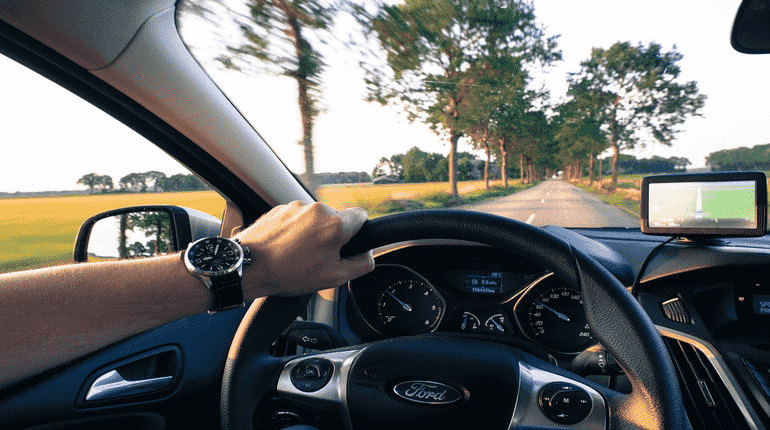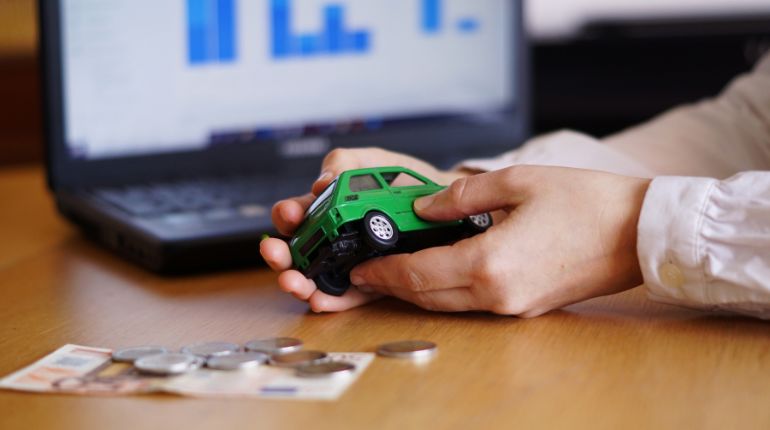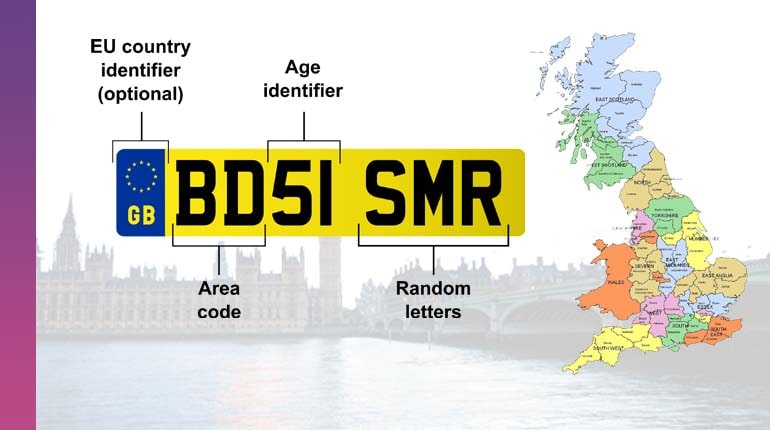Safety features have always been a priority when it comes to Volvo cars and, to heavyweight tractors and trucks, the brand is wearing its Swedish safety helmet very well. Another strategic standard practiced by this company is where it always creates industry standards whereby its trucks & tractors are manufactured to meet with & even surpass the standard industry set. This can however be seen in the kind of safety technologies that they employ in their vehicles today as well as what they expect to introduce in the future.
Table of contents
Current Safety Features: Leading the Industry
Volvo tractor units are equipped with a plethora of advanced safety features designed to prevent accidents and protect occupants in the event of a collision. These features include:
-
Collision Avoidance Systems:
Volvo’s collision avoidance systems are arguably among the best that are offered by car manufacturers across the globe. These systems employ radar and cameras aiming at indentifying objects on the road ahead and notifying the driver about it. Here it is possible to implement the ability to apply the brakes if a collision is likely to occur; it helps to mitigate the consequences of this event or completely prevent it.
-
Lane Departure System:
Lane keeping assist is for avoiding cases where a truck drifts off to the other lane without the knowledge of the driver; here, it vibrates the steering rack to keep the truck in a particular lane. This comes handy in long distances where the driver may become so exhausted thus requiring several breaks.
-
Adaptive Cruise Control:
The ACC helps the car regulate the rate at which the truck is moving, to ensure that there is a safe distance between the truck and the vehicle in front. This not only improves safety but also alleviates the stress of a driver when driving for long distances.
-
Driver Alert Support:
This system is used to oversee drivers’ conduct and produce cautionary signals where it identifies (>Driver Alert Support This system is used to supervise conduct of drivers and produce cautionary signals where it identifies. Through the enforcement of adequate breaks and waking periods, it does go a long way in preventing collided tragedies that may result from fatigue amongst drivers.
-
Electronic Stability Control (ESC):
ESC is the enhancement of the basic ABS that assist in maintaining the vehicle control during sudden changes or on slippery surface through applying of brake to the specific wheel or reducing fuel supply as per the requirement of the system. This technology plays a vital role in helping to avoid incidents such as rollovers and skidding.
What are the Exceeding Industry Standards?
It is noteworthy to state that in Volvo case, minuses do not just meet industry standards, but they are surpassed. The organization conducts extensive road tests on their automobiles and implement strict measures in safe guard their cars as some of the safest in the world. Here are some ways Volvo exceeds industry norms:
Here are some ways Volvo exceeds industry norms:
- Volvo has arguably the most elaborate crash testing process of any manufacturer in the globe. Out of 120 per year, 70 are crash tests. It involves pre-crash motion simulation of actual real-world accident and full speed crash tests to establish the structural integrity of the car to withstand high forces.
- New car Models: Part of the latest technology in new cars is the presence of air bags however those in Volvo automobiles are hard wired to offer the best protection. These systems comprise of side curtain airbags and knee airbags which creates an all rounder safety system for both the driver and the passengers.
- Volvo Dynamic Steering: This feature improves the control of the car by steering in a way that will work to counteract any unevenness in the road or side winds and so on.
What Are The Enhancements For The Further Safety?
The automobile giant Volvo is not idle here either; the company is always trying to find ways to increase the safety of their cars even more. Some of the planned future enhancements include:
Some of the planned future enhancements include:
-
Automated Driving Technologies:
Volvo is one of the leading players in the venture of producing cars with Autonomous drive feature. They are systems that are meant to assume specific driving tasks in the event of various circumstances to avert human mistake. The process of automated driving can help eliminate situations where a driver can make a mistake due to fatigue, inattention, or otherwise make an incorrect decision.
-
DVN Connected Car Technology:
Volvo is to further extend the use of the connected vehicle technology and introduce more technical connected car technologies whereby trucks can talk to other trucks and interact with structures. This connectivity may help to improve safety since the client will be receiving the information regarding the state of the roads, traffic, and other risks in the process of driving a car.
-
ADAS:
Future Volvo grounded trucks are likely to have improved driver assistance features such as better prognosis of when their trucks need maintenance as well as better control systems against truck collisions. These systems shall incorporate artificial intelligence with an aim of early and effective prediction and presumably prevention of accidents.
-
Greater Security Measures:
With the growing integration of vehicles with the Intenet, cybersecurity comes into the fray. Volvo also aims to prevent hacking of their vehicles and protect the safety features of the cars, which is why the company will upgrade its cybersecurity.
Conclusion
Volvo’s motive towards safety has made it a solo in the automotive industry. By continuously innovating and exceeding industry standards, Volvo ensures that its tractor units are among the safest on the road.







